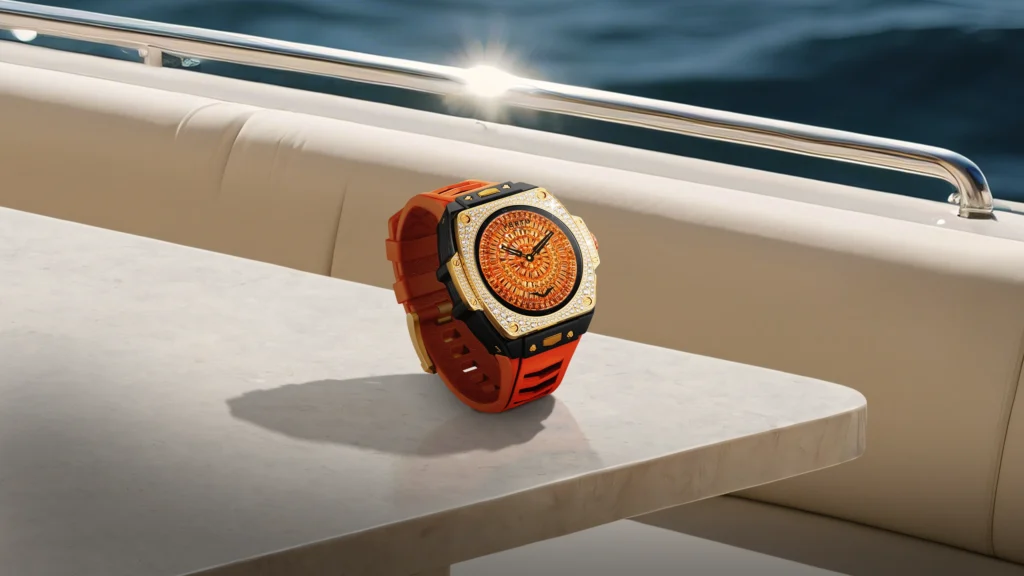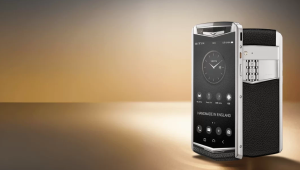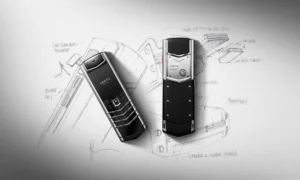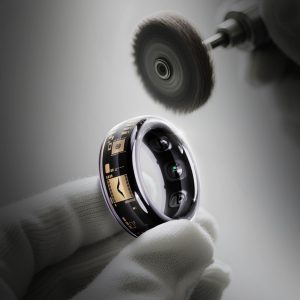If you've ever admired a timepiece with the words “Swiss Made” on its dial, you've likely wondered about the high price tag. It's a question that perplexes many: “Why are Swiss Made watches so expensive?” The answer isn't a single factor but a combination of tradition, craftsmanship, and economic reality. The high cost reflects a legacy of precision engineering, strict quality standards, and the meticulous human touch that goes into every piece. This article will break down the key reasons behind the expense, from the artistry of watchmaking to the economic forces at play.
Key Takeaways: The Reasons Behind the Price Tag
- Heritage and Craftsmanship: The cost is rooted in centuries of horological tradition. Each watch is a product of highly skilled artisans, not a mass-produced item.
- Strict Quality Standards: The “Swiss Made” label is protected by law, ensuring an extremely high standard of quality, with most of the value created within Switzerland.
- Complex Mechanics: Many high-end Swiss Made watches feature intricate mechanical movements with hundreds of tiny, hand-finished components, which is a major driver of cost.
- Materials and Exclusivity: From high-grade alloys to sapphire crystal and sometimes precious metals, the materials themselves are expensive. The watches are also produced in limited quantities, adding to their value.
The Art of Craftsmanship and Hand Finishing
The single biggest reason for the high price of a Swiss Made watch is the human element. This is not factory-line assembly; it's a centuries-old craft.
- Skilled Artisans: The creation of a Swiss watch, especially a mechanical one, is an intricate process performed by highly trained watchmakers. Each component, no matter how small, is often hand-finished, polished, and assembled with extreme precision.
- Manual Assembly: Many movements are assembled by hand, a process that can take hours, days, or even weeks. This is a level of labor and skill that cannot be replicated by a machine alone, and it adds significantly to the final cost.
This dedication to artisanal craftsmanship is what turns a timepiece from a simple gadget into a work of art and a family heirloom.
Strict Regulations and Quality Control
The “Swiss Made” label is more than just a marketing slogan; it's a legal designation that guarantees a high standard of quality and origin.
- Legal Requirements: By law, for a watch to be labeled “Swiss Made,” at least 60% of its manufacturing cost must be incurred in Switzerland. In practice, this often means that the movement is made and assembled in Switzerland, as are many of the other components.
- High Standards: The regulations ensure that the watches are built to last, with meticulous attention to detail and rigorous testing for accuracy and durability. This commitment to quality and longevity is a major factor in the high price.
When you buy a Swiss Made watch, you are not just buying a product; you are buying a guarantee of quality and a commitment to excellence that is legally enforced.
Materials, Research, and Limited Production
Beyond labor, the cost is driven by a number of other factors, from the materials used to the limited nature of the product.
- Superior Materials: The materials in a Swiss watch are often top-grade. They can include surgical-grade stainless steel, high-end alloys, and sapphire crystal, which is incredibly scratch-resistant. These materials are expensive to source and work with.
- Research & Development: Companies invest millions in research and development to create new complications and innovative movements. This constant push for technical perfection is a huge financial undertaking that is reflected in the final price.
- Exclusivity: Many brands produce their models in very limited quantities. This scarcity creates high demand and adds to the watch’s exclusive value, turning it into a collector's item.
Comparison of Watches
| Feature | High-End Swiss Watch (e.g., Rolex) | Mid-Range Swiss Watch (e.g., Tissot) | High-End Smartwatch (e.g., Apple Watch Ultra) |
| Movement | Mechanical, hand-finished | Mechanical or quartz, machine-finished | Digital |
| Materials | High-grade alloys, precious metals | Stainless steel, sapphire crystal | Titanium, sapphire crystal |
| Craftsmanship | Hand-assembled, artisanal | Machine-assembled, some hand finishing | Machine-assembled |
| Value Proposition | Legacy, art, and long-term value | Everyday precision and quality | Advanced tech, health tracking, convenience |
| Price Range | $10,000 – $1M+ | $300 – $2,000 | $799+ |
Recommended Audience and Scenarios
- The Collector or Investor: For those who see watches as an investment or a form of art, the cost of a Swiss Made timepiece is a testament to its value and potential for appreciation.
- The Aesthete: For someone who appreciates the beauty of mechanical engineering and the discreet elegance of a finely crafted object, the high price is justified by the aesthetics and feel of the watch.
- The Executive (Commercial Scenario): In a business setting, a Swiss Made watch is a symbol of success, reliability, and an appreciation for quality. It communicates a personal brand that values precision and lasting value over fleeting trends.
The cost of a Swiss Made watch is not just about telling time; it's about owning a piece of history, an heirloom of human ingenuity and an object of enduring value.
Frequently Asked Questions (FAQ)
Q1: Does “Swiss Made” mean the watch is more accurate?
A1: While Swiss Made watches are held to very high standards of accuracy, a quartz movement is generally more accurate than a mechanical one. However, the true value of a Swiss Made mechanical watch lies in its craftsmanship and the complexity of its movement, not its raw timekeeping accuracy.
Q2: Are all Swiss watches expensive?
A2: No. While the most famous brands are very expensive, many brands offer high-quality, affordable Swiss Made watches that start at a few hundred dollars. These watches still adhere to the strict quality standards of the label.
Q3: Why do Swiss watches hold their value so well?
A3: Their value is a result of their high-quality craftsmanship, the limited production of many models, and the strong reputation of the Swiss Made brand. This makes them a durable and lasting investment.








